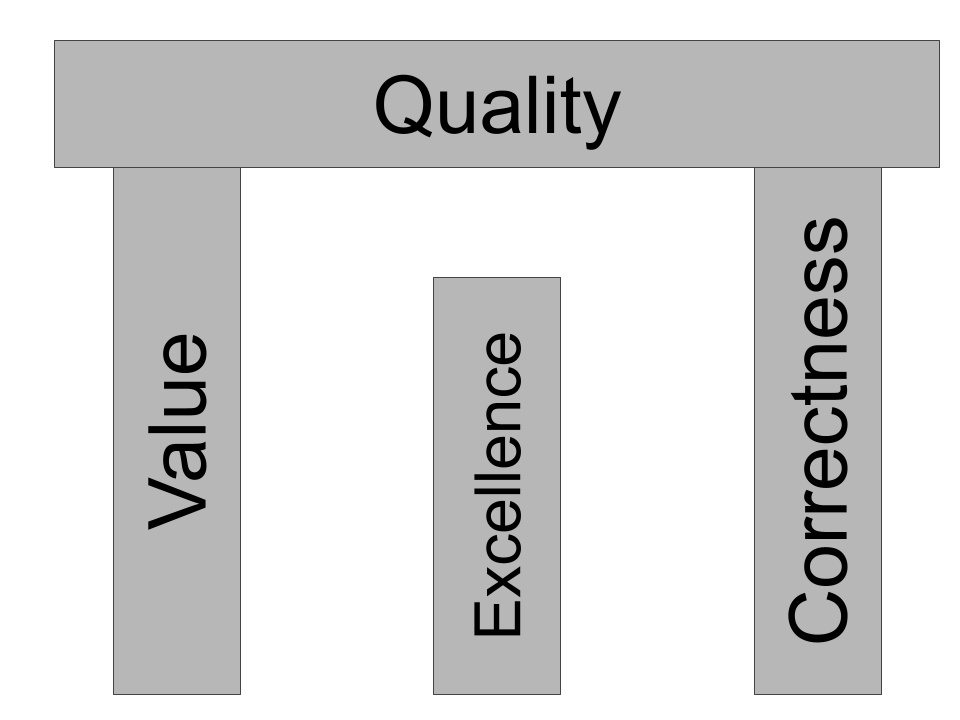It has been some year. I started in a dark place with lots of change underway. However it is, professionally speaking, been a bit of an immense year.
Speaking
Building upon my first time speaking at a testing conference in 2022, I’ve been fairly active. From running a threat modelling workshop for a small set of people at an Edinburgh MoT meetup to tackling a new topic within security at TestBash UK with a range of activities, it has been really positive. I’ve started feeling like I’ve gotten my name out there and importantly, people seem to like what I’m sharing.
Whilst it can be an exciting (yet nerve wracking) experience to speak and of course having positive feedback and comments makes you feel great, I think the biggest buzz is when people take something away. Speaking always seemed way out my comfort zone but my passion for the topics drove me to give it a go. Consequently when it goes well and you think people are learning and will try out things themselves, it makes it all worthwhile.
Awards
Building upon my speaking, I took my Threat Agents game to a cyber security event for my work. We used it in the threat modelling workshop and I spoke a little and got involved in helping people. I even got a special award within my work for contributions to threat modelling!
Somehow, despite only working part time for a chunk of the year, I’ve managed to achieve a few awards from work, given by peers. This obviously means a lot. However I think a lot of it comes down to…
An Interesting Role
This year I’ve taken on a new role. Whilst I originally dubbed it as a “Free Range Tester”, in reality it has been a senior test engineer who doesn’t test. I have tried to both lead and support.
It was a difficult start and a frustrating one. Quite quickly I learnt why we were struggling to ship a release. I was also distracted with extended leave, reduced hours and helping run our intern program (I even wrote some code!).
But the role has gone well.
My crowning achievement has been my work on analysing our quality for the first major release in a long time. We analysed bugs, reflected on our challenges and took actions. I brought all this together into a presentation (not given, just shared).
For example, whilst a large portion of bugs were attributed to internal mistakes when working on stories, several issues we found, raised and fixed were actually legacy behaviour. We made the software better through these bugs. That is good to know.
It has been quite interesting having this roaming role and getting involved with different teams. As we no longer have a scrum master, I’ve helped fill a little of that void. I’ve had the opportunity to learn how different teams are working and help them with their challenges.
I’ve also been there to help teams out when they are stuck on testing. Who would have thought that getting rid of testers would impact a team’s ability to plan their testing?
I’ve also had the opportunity to get myself involved with the wider organisation. Whilst I’m a shy & timid person most of the time, ask me for my opinion and I’ll give it. And even when I wasn’t asked, I sometimes offered it. Having a culture where anyone, either senior leaders or that weird new tester guy across the ocean, can speak up is wonderful and I definitely appreciate it.
Whilst I haven’t succeeded in getting the organisation to test better, I have raised awareness. I have got allies. This won’t happen overnight but I am confident that in time we’ll get there and what is exciting is that I think I’ll be involved and part of this.
It is a real step forward.
A step back
Unfortunately not everything has been coming up amazing.
I fear that I’ve lost my appetite for actually doing testing. Given how much I love the profession (I’ll post about that separately later), whenever I have some free time to do testing, I’ve often found myself not bothering. I’ll admit that I’ve often found myself reaching over to my Xbox controller when I could, and should be testing. I’ve found excuses not to do actual testing myself. Some of that is semi legit (“managing my energy levels”) but also I know that a bit of the hunger is gone.
Part of this is not having the domain knowledge of the past. Moving to a new, large area when outside a team has made on-boarding very hard. I’ve found it massively overwhelming to try and test a feature that I don’t know, which is part of a very complicated solution full of TLAs and systems named after random comic book characters… and my energy levels & brain capacity are both low.
Strongly held opinions that are easily changed
One other thing that I wanted to reflect upon my opinions and ideologies. I’ll write a separate post about it in due course, but I started the year feeling pretty certain about how things should work but have come to be more flexible over time this year. Maybe there is method in the madness?
Perhaps I was wrong to loathe test strategies so much. I wonder if those times when I was doing copy paste reports that no one really read or cared about tainted me too much?
Challenges ahead
Next year scares me a little. I feel like I’ve over achieved this year and despite knowing I’ve not worked and pushed as hard as I could have, there’s nothing left in the tank.
It has been a draining year.
Next year I think rather than trying to excel and push, I want to build stronger foundations. A wonderful new hire within my work means that I don’t need to push. Just be there to support and be involved.
I am hoping that I won’t need to push to get involved, to get the testing mindset involved, as before. I’ll be there by default. My challenge will be, how do I provide that coaching now that I’m present?
To achieve this I will need to learn how better to coach and help the teams develop their testing. Thankfully we now have 10% time at work so that will be my focus. Having a day each sprint that I can dedicate to the coaching side of things – either by getting time with devs to try new things or just researching & learning, it will help a lot.
However most importantly, I do want to test again. I love testing. I want to find that drive in me again to go try and find those hard to find bugs. To remind everyone what it means to be a tester.





